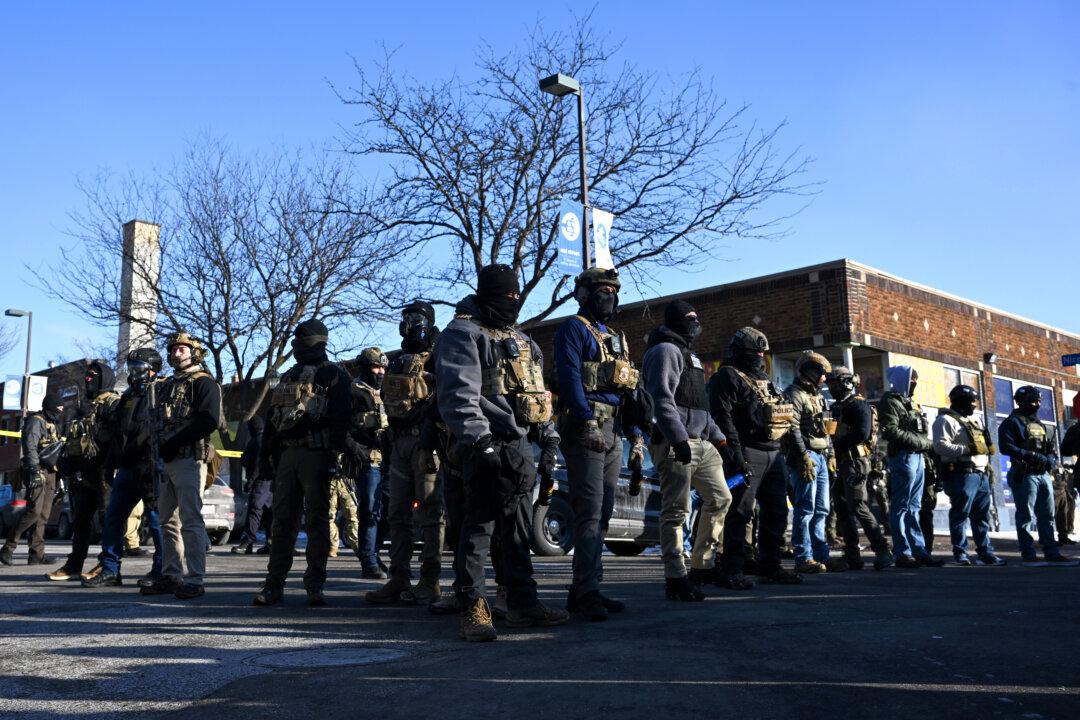On New Year’s Eve, during the middle of the government shutdown due to an impasse over funding for a border wall, New York Gov. Andrew Cuomo issued 29 clemencies to criminal immigrants—22 of them were full pardons.
Among Cuomo’s pardons were convictions for assault, attempted arson, trademark counterfeiting, and drug convictions. The pardons include being spared from deportation. Seven of them were commuted sentences. Of them, four had been convicted of murder, and three for armed robbery. The Epoch Times took to the streets of New York to ask for people’s thoughts about this.




